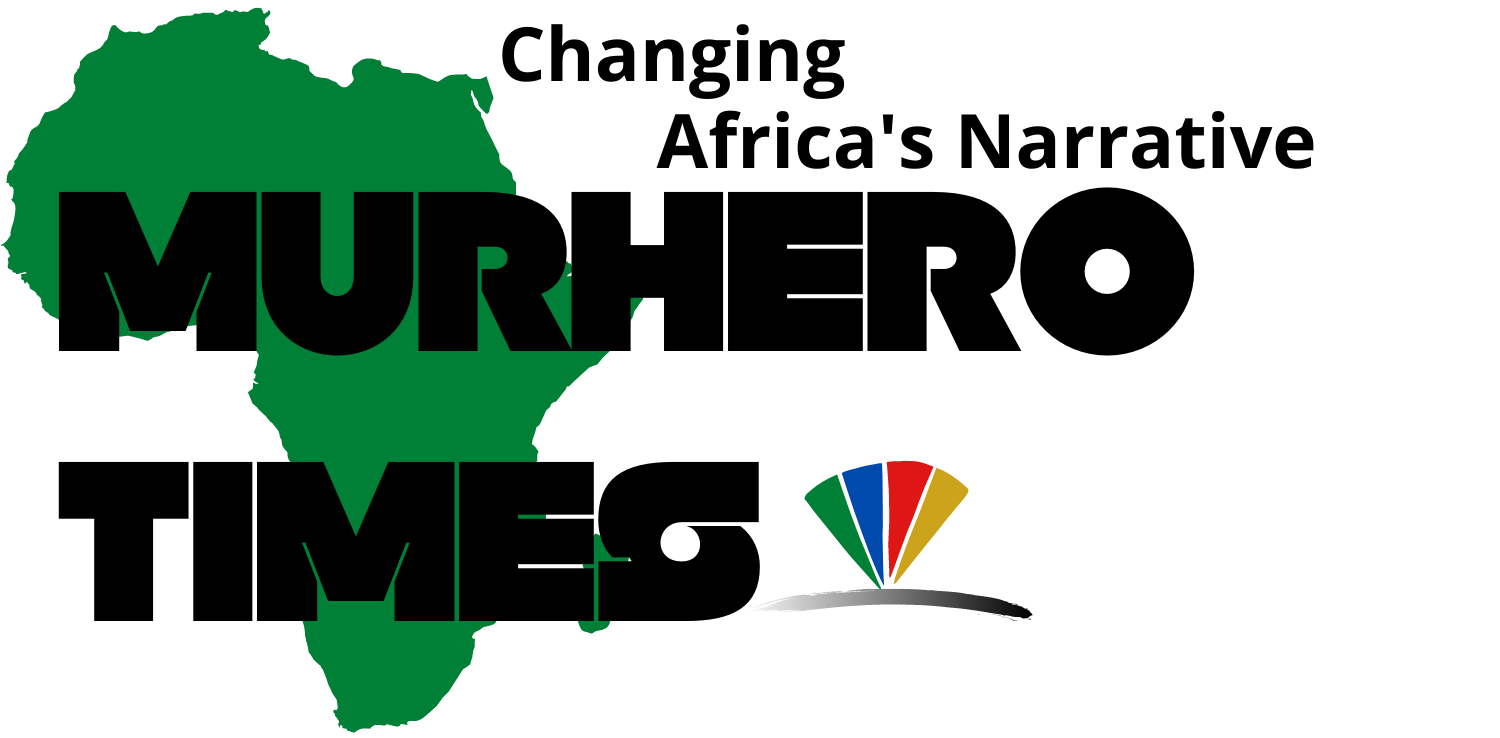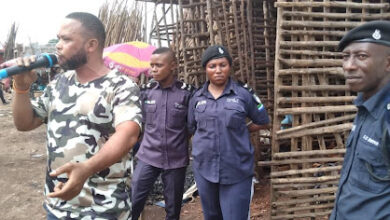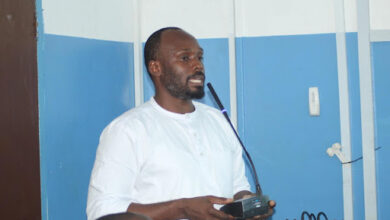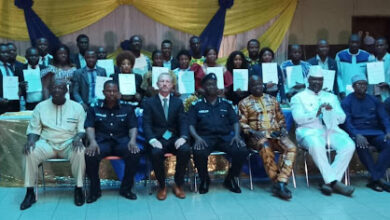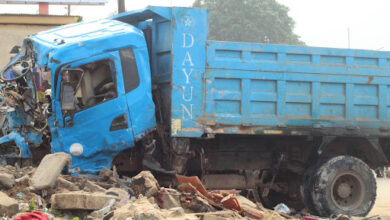IGR unearths findings of August 10 violence
He informed that, according to the survey, Sierra Leoneans are deeply divided over the motivations for and meaning of the August 10 protest, adding that results reinforce prevailing perspectives of a divided country where public opinion on policy issues have increasingly taken political party colorations.

The Institute for Governance Reform (IGR) headed by its Executive Director, Andrew Lavalie over the weekend at their office, Spur Road in Freetown unearthed findings of August 10 violence which claimed the life of dozen of both civilians and police officers, destruction of private and government properties in the East part of Freetown and some part of North-East and North-West Region of Sierra Leone.
The Executive Director disclosed to journalists that on their four-day survey done by his institution just after the August 10 violence, they canvassed the opinions of 1,008 Sierra Leoneans in four cities, Freetown and Makeni (opposition areas where the protests occurred) and Bo and Kenema (ruling party-controlled areas that were free of protests).
He informed that, according to the survey, Sierra Leoneans are deeply divided over the motivations for and meaning of the August 10 protest, adding that results reinforce prevailing perspectives of a divided country where public opinion on policy issues has increasingly taken political party colorations.
“On August 10, a violent anti-government protest resulting in the death of nearly two dozen people including police officers and civilians rekindled memories of the brutal war in the 90s. A new poll shows that Sierra Leoneans are deeply split over the motivations for and meaning of the protest” he explained.
In his PowerPoint presentation, the IGR Executive Director presented the reasons for the August 10 protest, the SierraPoll found that Sierra Leone was split over the reasons behind the protest. He said the initial reaction of some government interlocutors and interest groups described the protest as a plan to topple a legitimate government through illegal means.

He continued that some citizens see it differently, noting that overall, 36% see the August 10 protest as genuine concern about the economic hardship and bad governance while at least 4 in every 10 Sierra Leoneans 40.5% believe that citizen’s concern about the economic hardship was hijacked by opponents of the government, 28.8% really see the protest as a plan to overthrow the government or discredit the regime through.
“54.5% of Sierra Leoneans say they heard about the August 10 protest through social media posts. However, responses vary by city, with the partisan dynamics in the meaning of the protest mirroring 2018 voting patterns. While a majority of people in opposition cities of Makeni, 68.4%, and Freetown 52.4% see the protest as a genuine show of disapproval of the dire economic conditions, respondents in Bo.
In contrast, he said ruling party-controlled areas were more likely to view the protest either as a process captured by opposition politicians 64% of Kenema respondents or as a ploy to overthrow or discredit the government as reflected by respondents from Bo 44.4%”.
He further presented the question of who to blame for the loss of lives and property in the protest. He said nearly two dozen civilians and police officers were killed in the protest, stating public assets such as police stations, government vehicles, and private property were burnt down while market stalls were destroyed in Freetown.
Overall, he added, at least 4 in every 10 43.5% of respondents blame protesters for the destruction compared to only 1.5 who blame the police and Government 21.9% and 20.7% respectively; while 13.6% blame for these losses. He said for the ruling party-controlled cities of Bo 59.2% and Kenema 55.6% of protesters share the biggest blame.
“On a positive note, the poll distilled suggestions of how public protest can be better managed in the future. Nearly 4 in 10 citizens believe that police should provide guidelines and route plans to protesters to ensure that other citizens can go about their normal business alongside protesters. A third 34% of the respondents suggest that the Sierra Leone Police should consult stakeholders including political parties, civil society, and media to develop a protocol for requesting clearance and securing to protest and demonstrations” he stated.
By Mohamed Amara Gando
